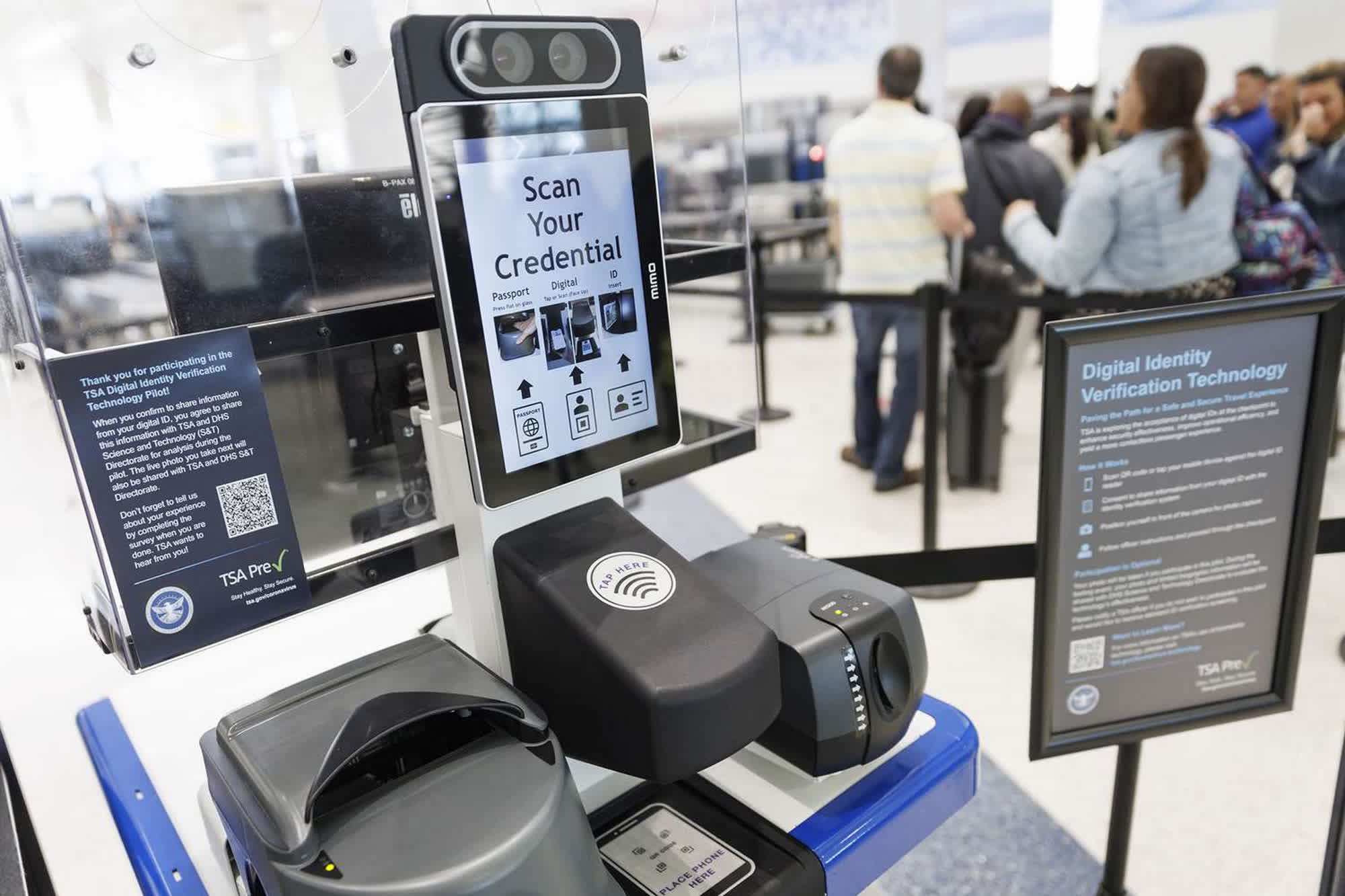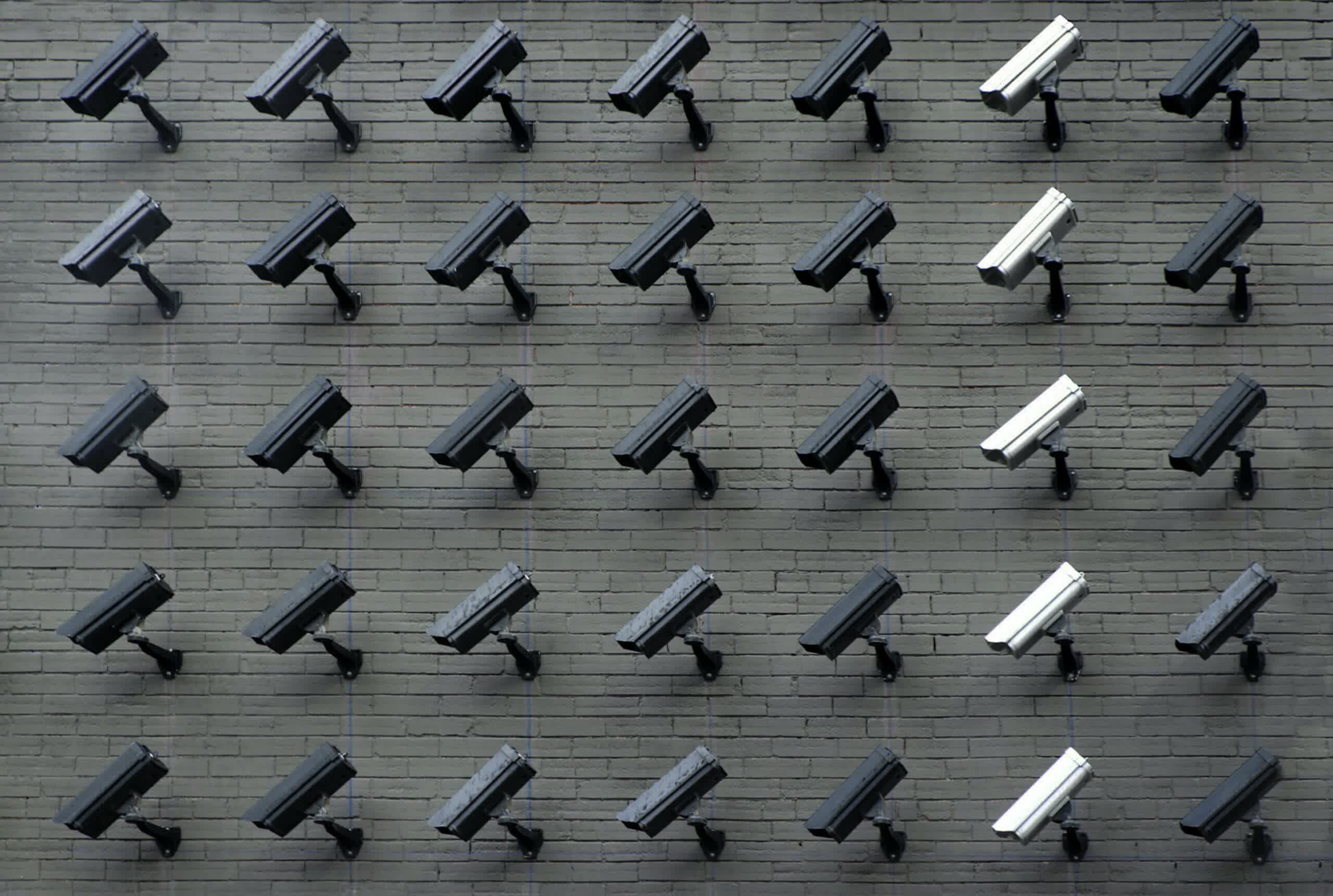In a nutshell: The Transportation Security Administration (TSA) appears prepared to transition its pilot program into a comprehensive biometric identification system for hundreds of American airports. Racial biases? Civil rights? Privacy? Our latest technology solves all the typical issues of biometric surveillance, the TSA says.
TSA agents have been testing the new ID technology for the past two years, and now the federal agency plans to expand the program to screen travelers at 430 US airports. The system, known as CAT-2 and provided by Idemia, is a "secure identity solution" designed to accurately match a live photo capture with an image on a digital ID to verify a passenger's identity.
CAT-2 is being tested in 25 airports across the US, and according to the TSA, the technology has enhanced efficiency in identity verification without infringing on passengers' rights. The US government has allocated $128 million over a span of seven years, while TSA press secretary Carter Langston states that scaling the program up to 430 terminals will take nearly a decade.
According to Idemia's press release, the latest iteration of its "Credential Authentication Technology" improves security screening and facilitates a "touchless experience" by utilizing biometric technology to verify digital identity credentials. The company considers it as one of its most innovative programs, and it has received positive feedback from its TSA partners based on the results obtained from the 2,054 CAT units that have been installed since 2022.

Langston said the biometric ID system is at "six percent fully operational capacity," and it will take several years to reach 100 percent. "Nothing in the federal government happens rapidly," Langston acknowledged.
Biometric identification is currently voluntary, and according to Langston, it has the capability to swiftly detect fake IDs. During the pilot, the facial matching algorithm has proven 97 percent effective across all demographics.
Privacy and civil rights advocacy groups do not share the same enthusiasm about CAT-2, and they advocate for the complete abandonment of the mass surveillance program being established by the US government. Jeramie D. Scott, director of Project on Surveillance Oversight at EPIC, recently said that biometric ID technology is a significant mistake. Scott emphasized concerns not only regarding ongoing privacy and bias issues but also the "long-term implications of using our face as our ID."
It is widely acknowledged that biometrics can be a double-edged sword when it comes to personal identification since individuals cannot change their faces or other biometric traits if scammers manage to "steal" them for malicious purposes. According to the TSA, the CAT-2 system can protect passengers' privacy by overwriting live photos with each new scan.
